What is Fear
Dictionary defines fear as “An unpleasant feeling triggered by the perception of danger, real or imagined.”
Fear is one of the seven universal emotions.
Fear is one of the most strong emotions. It has a profound effect on our mind and body.
Others being anger, disgust, surprise, happiness, sadness, contempt.
Fear is a reaction in the brain that starts with a stressful stimulus and ends with the release of chemicals that cause a racing heart, fast breathing and energized muscles, among other things, also known as the fight-or-flight response.
The fight-or-flight response was first described in the 1920’s by American physiologist Walter Cannon.
The 4 Responses To Fear
Fear is what we experience when we feel a threat/stress and this leads us to behave in a certain manner.
Fear is essential to develop an adaptive mechanism to face a threat or danger. It can function as a learning and coping mechanism to some extent.
When fear becomes out of proportion, it gives rise to anxiety.
Fear is a transient adaptive state elicited when there is exposure to a threatening stimulus; it dissipates quickly once the threat is removed (phasic fear).
Anxiety is more long-lasting maladaptive state of apprehension (sustained fear) elicited by less specific and less predictable threats.
Is Fear Adaptive?
Reversal Of Fear
We need to be adaptive with our fear response.
It is paramount to have flexibility to shift our responses from fear response back to normal and vice versa depending on the situation we are in.
How to Overcome Fear
4 Easy ways to manage uncertainty/fear.
10 Steps
Awareness , Identification and Recognition of the fear you are facing – This will help brain recognize the fear and try to analyze whether it is real or not and what are its consequences.
Journaling– Write down your fears. Look at what you have written .Ask yourself “does it make sense”,”what can I do to get rid of this fear”.
Make a plan to face your fear.
Seek advice or help from professional if needed.
Educate yourself and acquire correct and accurate knowledge regarding your fear object or situation– This may require talking to professionals, trusted friends and family.
Positive attitude– Get rid of negative thoughts; they are not helping. Be positive. Practice positive affirmations.
Have self-confidence. Self-confidence is magic.
Exercise– Physical activity of your choice depending on your health and physical condition.
Mindfulness ,Yoga and Meditation– Face and overcome fear by finding inner peace and happiness.
BREATHE– Have deep slow refreshing breaths. They work wonders !













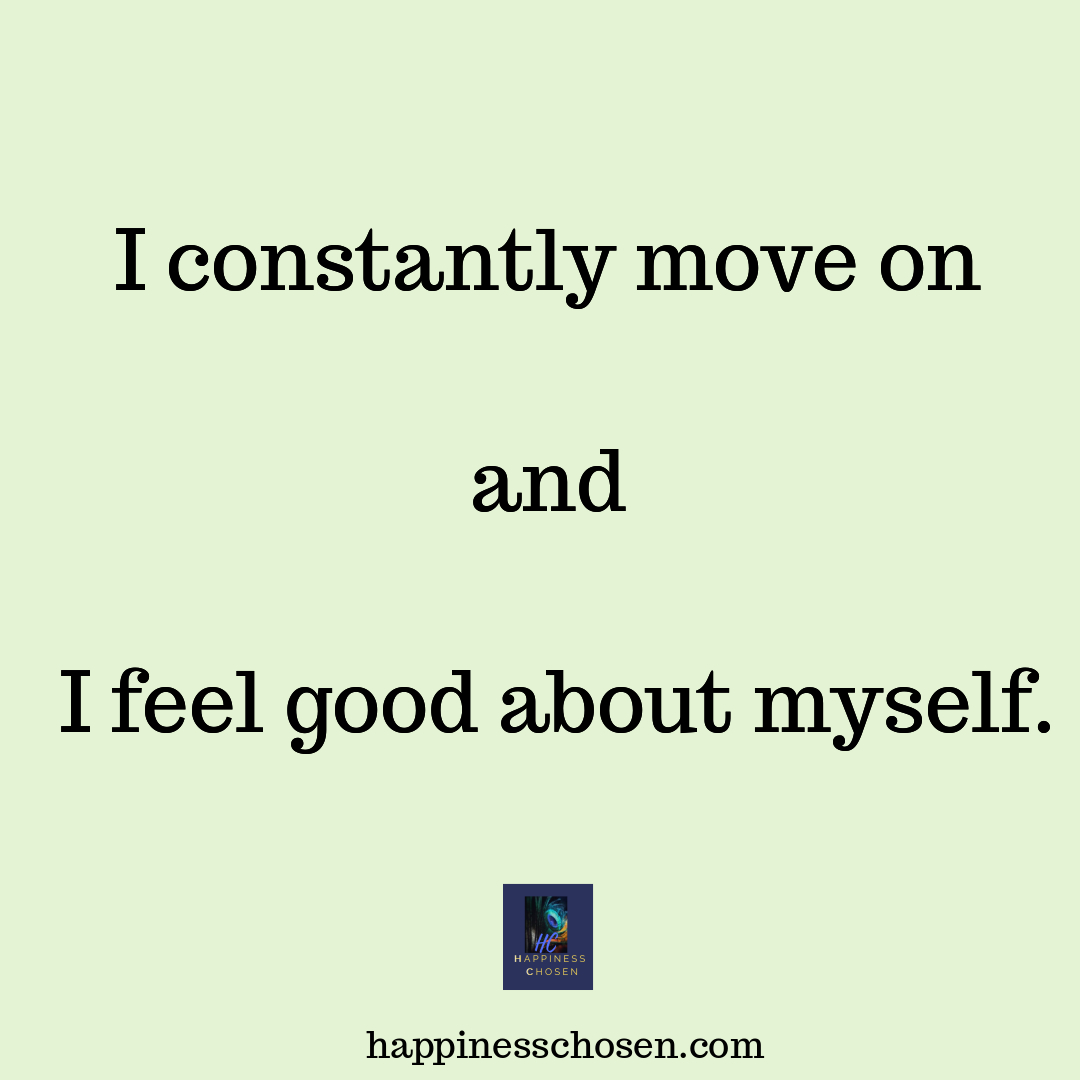





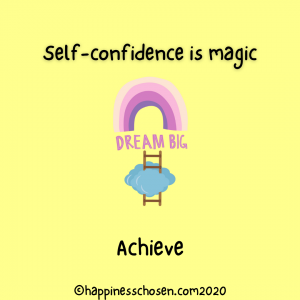




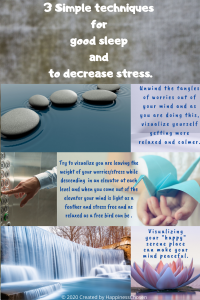






















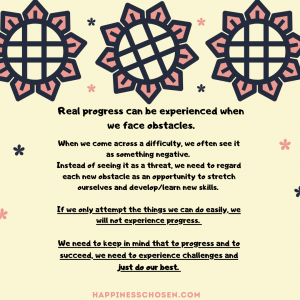


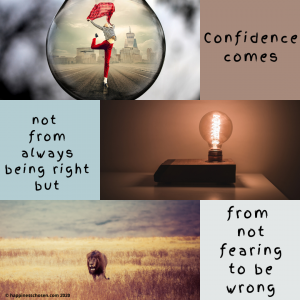


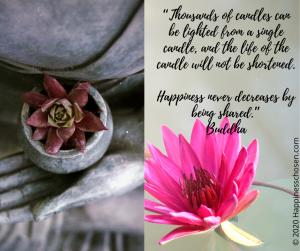



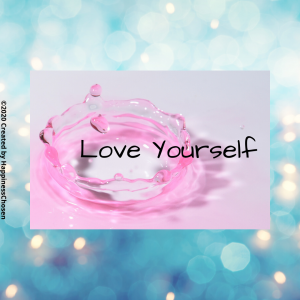



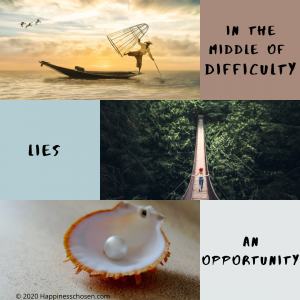



No Responses